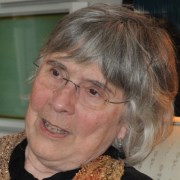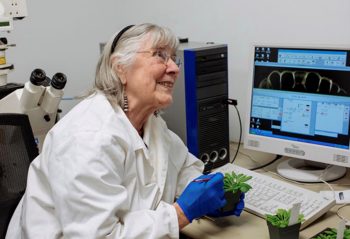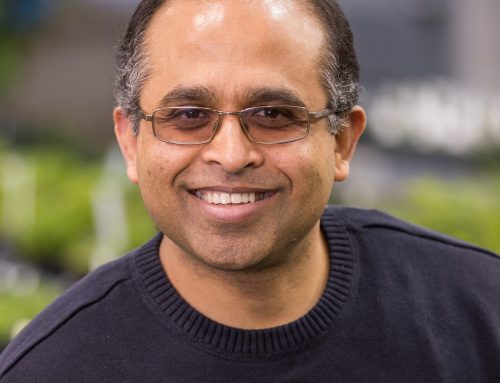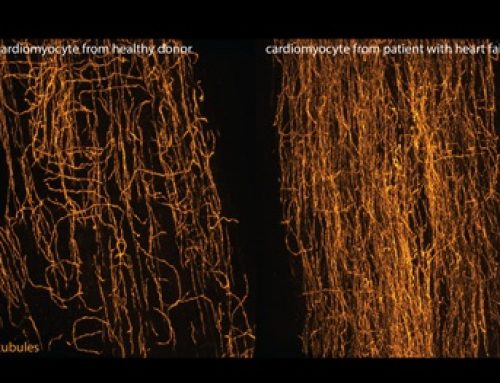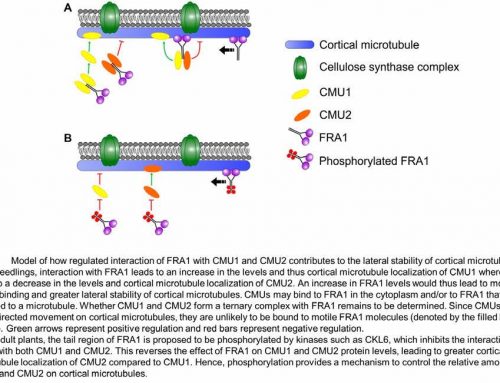
Prof. Pickard served on the faculty of WashU for her entire career. She began research in plant science as a master’s research assistant in the laboratory of Winslow Briggs at Stanford, and earned a PhD in 1963 in the lab of Kenneth Thimann at Harvard, followed by a postdoc position at MIT. She served on the faculty of Arts and Sciences, becoming Professor Emerita of Biology after a terminal cancer diagnosis. After beating that diagnosis, she joined the Center for Engineering MechanoBiology as affiliate faculty in the McKelvey School of Engineering.
At WashU, Prof. Pickard performed pioneering research in plant sensory physiology and mechanobiology, and founded the Gladys Levis Allen Laboratory of Plant Sensory Physiology. Her research helped shape the fields of mechanosensing in plants, especially as related to electrical responses of plants to hormone, protein, and external stimulation or stress. She was the first to identify stress activated anion channels, and amongst the first to describe mechanosensitive ion channel activities in plant cells. Many of her predictions about how this class of proteins function have been substantiated over the past three decades. More recently, Pickard has worked with CEMB colleagues and collaborators around the globe to characterize the Arabidopsis trichome as a mechanosensor, and to understand the function of Arabinogalactan proteins in the cell wall.
Dr. Pickard’s deep passion for plant science and the environment was evident from her extensive network of collaborators and friends, and through the many venues she created to enable colleagues to discuss science. She enthusiastically engaged the next generation of scientists through mentorship, teaching, and outreach, continuing to teach graduate mechanobiology lectures until last year. Her commitment to environmental causes and community action groups were as much a part of daily work as her science. From these community action groups to her renowned home garden, the drive and heart she invested in the world around her was evident to all.
Dr. Pickard will be remembered for far more than her research and her advocacy of plant science as a way to illuminate mechanical and electrophysical properties of cells. She will also be remembered for her commitment to conserving the natural world, and to harnessing an understanding of the natural world as a way to improve our own lives. Her legacy resides in her passion for scientific investigation as a life-giving pursuit in itself.
The Center for Engineering MechanoBiology will arrange a memorial symposium in the coming months. The Pickard family asks that in lieu of flowers or donations, those wishing to honor Dr. Pickard’s memory do so by “remembering her profound enthusiasm for life and for her work, and by trying to emulate the same.”
